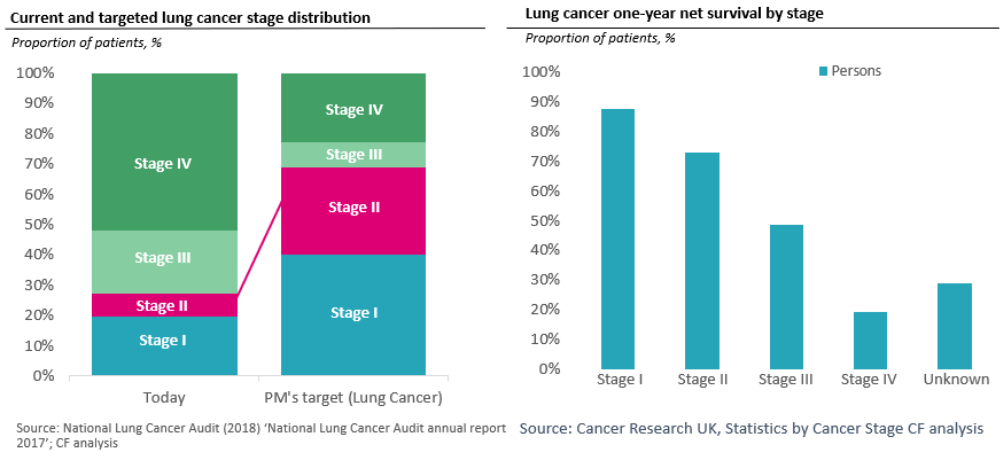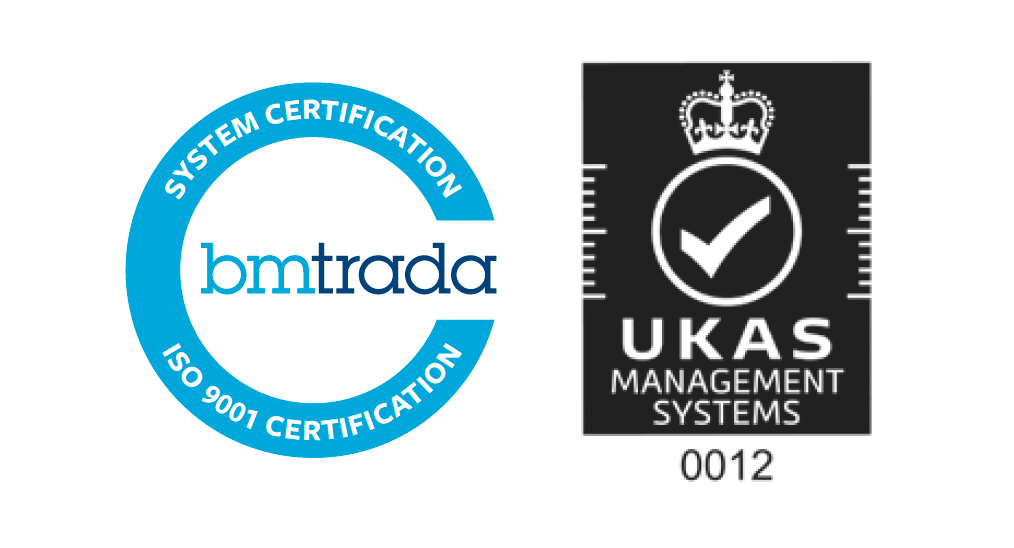Improving patient access across health systems
Navigating healthcare system dynamics to drive patient access
Creating system wide conditions to support adoption of new technologies
The introduction of innovative therapies by pharmaceutical companies and the wider life sciences industry has significantly improved patient outcomes across all therapeutic areas, especially cancer, cardiovascular disease, neurology, vaccines, autoimmune and metabolic and rare diseases. As a result, people are living longer and healthier lives. However, successfully launching new innovations is fraught with inefficiencies and challenges associated with regulatory approval, health technology appraisal, pricing and reimbursement, clinical acceptance, and patient adoption. This journey has been further complicated by the development of increasingly targeted and complex therapies, and regulatory changes, such as conditional approvals.
Our approach
As a trusted partner to both health systems and the life sciences industry, CF supports pharma understand and navigate the path to innovation uptake. Our approach is highly collaborative and leverages our therapeutic area expertise and in-depth understanding of current pathways and processes, underpinned by healthcare system data. We work closely with clinicians, payors, health system stakeholders, patients, and regulators (MHRA and NICE) prior to launch, striving to align the needs of the health system with life sciences objectives. Our ultimate goal is to support rapid access to innovation and support the development of new services that improve patient outcomes, and support sustainable healthcare.
Our offer
Whilst we work closely with local affiliates, regional and global colleagues across the medicines life cycle, our particular emphasis is in market preparation and pre-launch, and post-launch support. We recognise that every uptake challenge is unique, which is why our offer covers the breadth of possible needs:

![Mel Portraits -6[95]](https://www.carnallfarrar.com/wp-content/uploads/2023/08/Mel-Portraits-695.png)







